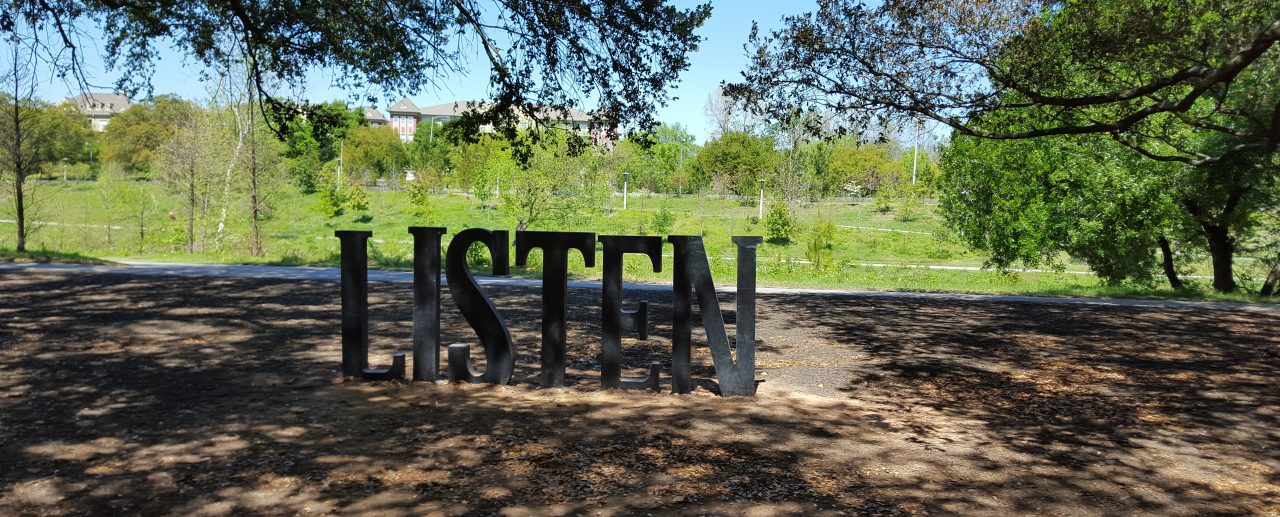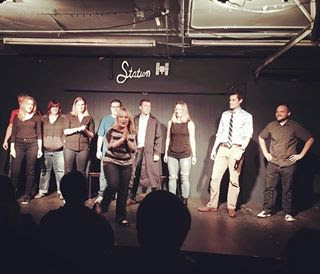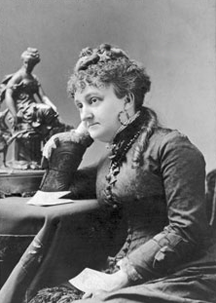
Bouquet:
A kick-ass journalist who managed to take down a crooked political machine (that allegedly helped prop up LBJ) and win a Pulitizer all in a seven year career.
Palette:
In Duval County, Texas (between Corpus Christie and Laredo) in 1955 there was a political machine run by George B. Parr. As with many such men of undue influence, he was convicted of tax evasion in 1932, but garnered a political pardon from President Truman through political maneuvering by allegedly ousting a U.S. Congressman who stood between him and his goals. He, like his father before him, was known as the Duke of Duval County. The gentleman who allegedly helped him receive this pardon: Lyndon B. Johnson. And, allegedly in return, George B. Parr provided the votes necessary for Lyndon B. Johnson to win a senate seat in 1948. In short, this guy was powerful. And he was also crooked. His rule was characterized by fraud, graft, and violence. Several of his critics met with violent ends. Of course even among the graft and theft and violence, George B. Parr was apparently a Robin Hood for the Mexicano community, providing them kick-backs from amounts taken in taxes from oil companies and large ranchers.
But this powerhouse of a political machine was taken down by a woman often over-looked in the history books. In fact, despite her Pulitzer Prize for her work in exposing this boss rule, she goes unmentioned in most articles about George B. Parr.
Caro Brown was born in Baber, Texas in 1908. She attended Texas Women’s University, but was kicked out for “attending a function off campus without permission.” One source reported she was spending time out with friends at a Fort Worth Night Club (I suppose she was always a rabble rouser). See Dukes of Duval County by Anthony Carrozza. In 1948, she took a job as a proofreader for the Alice Daily Echo. The same year the Duke of Duval County was helping secure Lyndon B. Johnson his senate seat. At that time, Hispanic World War II veterans had returned and started their own political party, the Freedom Party, and began running candidates against the Parr political machine. Violence ensued.
State investigators came to Duval to look into the violence and allegations. Brown was assigned to cover the investigation when the previous reporter, Bill Mason, was killed. After warning from the Texas Rangers, she kept a pistol in the glove compartment of her car.
Through her investigative journalism, she methodically assisted in dismantling the Parr family political machine. The Texas Attorney General John Ben Shepperd said she “helped to bring 40 years of corruption and terrorism to an end.” And in 1955, she received the Pulitzer Prize for “a series of news stories dealing with the successful attack on one-man political rule in neighboring Duval County, written under unusual pressure both of edition time and difficult, even dangerous, circumstances. Mrs. Brown dug into the facts behind the dramatic daily events, as well, and obtained her stories in spite of the bitterest political opposition, showing professional skill and courage.” She was the first woman to win the Pulitzer Prize for Reporting.
But aside from the amazing fact that a woman whose journalism career spanned less than a decade won a Pulitzer, the anecdote that I think defines her character is the story of the day she saved the life of the man whose empire she sought to destroy. It happened in the Duval County Courthouse. Parr and his nephew were at the courthouse, because Parr had allegedly struck another man with the butt of his gun. A fight broke out and Captain of the Texas Rangers Alfred Allee pulled his gun on Parr. Brown, unarmed, stepped between them and calmed the angry Ranger down. Even the Duke of Duval admitted she saved his life that day.
Pairings:
- A tale of George B. Parr: https://web.archive.org/web/20041025215747/http://www.caller2.com/newsarch/news10893.html
- https://tshaonline.org/handbook/online/articles/fpa36
- Boss rule: https://tshaonline.org/handbook/online/articles/wmb01
- Dukes of Duval County by Anthony Carrozza, available on Google Books.




 The Bouquet
The Bouquet
 The Bouquet
The Bouquet For this first #MotivationMonday, we’re going to talk about the blog that saved me: Big Strong Yes.
For this first #MotivationMonday, we’re going to talk about the blog that saved me: Big Strong Yes.